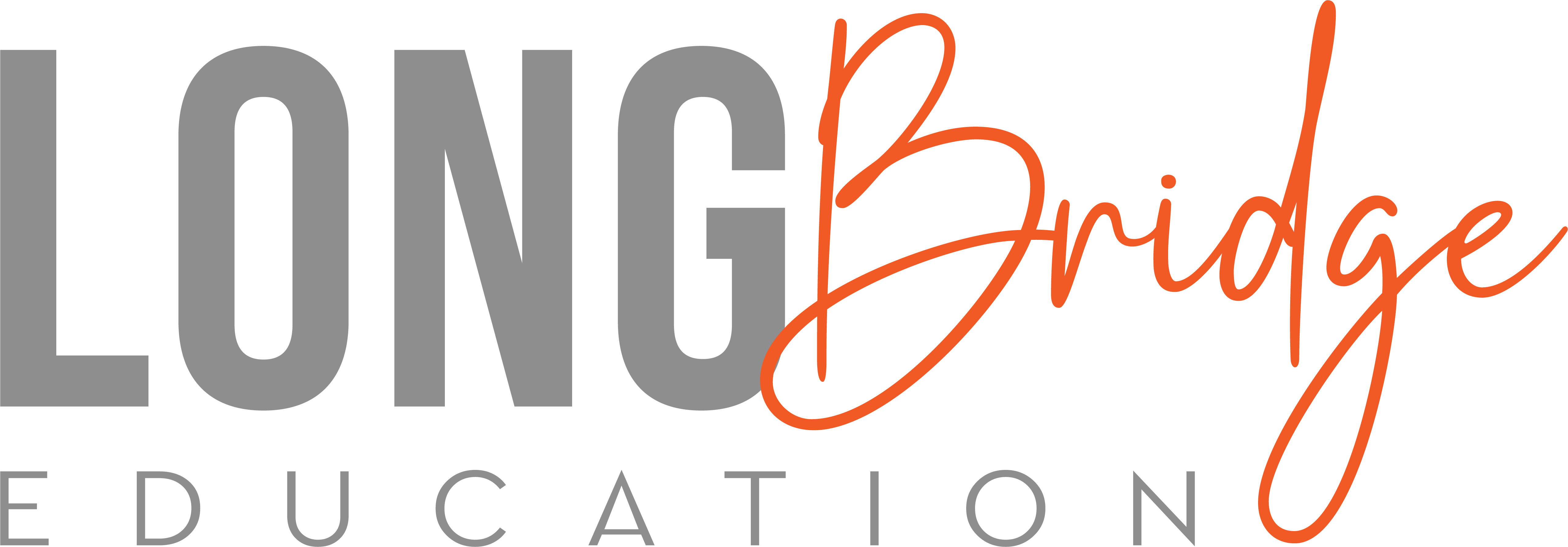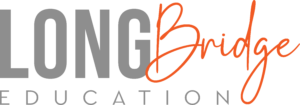-
Study In Switzerland
Switzerland is home to several universities ranked among the world's top institutions, known for their rigorous academic standards and innovative research.
-
Study In Switzerland
Switzerland has four official languages—German, French, Italian, and Romansh—providing a unique multilingual and multicultural experience.
-
Study In Switzerland
Many Swiss universities offer a wide range of programs taught in English, making it accessible for international students.
Important Facts About Switzerland

Switzerland boasts stunning natural landscapes, including the Swiss Alps, lakes, and picturesque towns, offering ample opportunities for outdoor activities and travel.
Switzerland is known for its safety, high standard of living, and excellent healthcare system, ensuring a comfortable and secure environment for students
The country is a hub for innovation and research, offering students the chance to engage in cutting-edge projects, particularly in fields like technology, engineering, and pharmaceuticals.
nternational students in Switzerland can often work part-time during their studies and have access to excellent post-graduation employment opportunities.
Switzerland's central location makes it easy to travel to other European countries, enhancing the overall study-abroad experience.
Why Study in the Switzerland?
Switzerland has a rich cultural heritage with numerous festivals, museums, and historical sites, offering a diverse and enriching experience beyond academics.
Switzerland boasts a distinguished higher education system, consistently ranking among the world’s best. Universities prioritise active learning, fostering a stimulating and rigorous academic environment.
Public universities in Switzerland offer comparatively lower tuition fees than other top-ranked institutions globally. Scholarships and financial aid options further enhance affordability.
A Swiss university degree holds significant international weight. The country fosters innovation and boasts a strong economy, offering graduates access to prestigious internships and promising job opportunities.
Switzerland consistently ranks among the nations with the highest living standards. Students can expect a safe environment, excellent healthcare, and a well-developed public transportation system.
Switzerland’s awe-inspiring natural beauty, majestic Alps, and picturesque landscapes provide a unique backdrop for student life. The country offers ample opportunities for outdoor activities and exploration.
Studying abroad here allows students to interact with people worldwide, enriching their cultural understanding and personal experiences.
Switzerland’s central European location facilitates travel to neighboring countries. Students can easily explore renowned cultural and historical sites during breaks or weekends.
Education System in the Switzerland
Higher education offered by research universities and universities of applied sciences.
The Bologna Education Scheme based on the European Credit Transfer and Accumulation System (ECTS credits) is followed in Switzerland. In this system, the international students can get their educational qualifications transferred to their home institutions. Students can enroll in the following degrees
It is a full-time undergraduate degree which generally has a 3 years duration. However, specializations like medical and information technology may take up to five years. In a Swiss bachelor’s degree, there are major and minor optional subjects. Students have to complete a total of 180 ECTS credits.
It can be completed within two years. For a PhD or doctoral program, a master’s degree is compulsory. To complete it 90–120 credit hours are required.
It is a postgraduate degree that generally lasts for 1-2 years and usually consists of independent study, course work, and a master’s thesis. Students would need to complete 60–120 ECTS.
A doctorate degree takes a total of 3 to 5 years to complete. Also, it require students to complete 240 ECTS credits.
Moreover, the Swiss academic year is from September to May, having two semesters in an annual year. Students can opt for Italian, German, and English language courses.
Intakes in the Switzerland
Generally, the universities of Switzerland have 2 intakes that are mentioned below
Fall intake is between the months of September to February. The application deadline will be at the end of March.
Spring intake is between the months of February to June. The application will be around the end of August.
Types of Educational Institute in the Switzerland
Swiss universities prioritize offering high-quality degree programs focused on scientific and theoretical education, alongside fundamental research. These institutions, which include traditional universities, exclusively offer programs in humanities, sciences, and select engineering fields. With approximately 150,000 enrolled students across 12 institutions, Switzerland’s higher education system emphasizes academic excellence and research.
Universities of applied sciences and arts focus on providing scientific and professional education, conducting applied research, and fostering collaboration with industry. Unique degree programs like landscape architecture and various health sciences are exclusively available at these institutions, as are programs in music, theatre, film, art, and design. With approximately 95,000 students enrolled across nine universities of applied sciences and arts, Switzerland emphasizes practical education and industry partnerships in these fields.
Universities of teacher education provide practical training in fields such as pre-primary, primary, and secondary education, as well as special needs education and teacher continuing education. Their academic and scientific endeavors encompass various subject areas, and they actively contribute to the international scientific community. With approximately 21,000 students enrolled across 20 universities of teacher education, Switzerland emphasizes comprehensive training for educators and active participation in global educational research.
Top Courses to pursue in the Switzerland for Indian Students
Before analyzing the study in Switzerland cost for Indian students, one should be cognizant of the popular courses. The popular courses in Switzerland for international students are:
Hotel & Hospitality Management
Business Management
Banking & Finance
International Law
Quantitative & Systems Biology
Applied Mathematics
Interdisciplinary Sciences
Artificial Intelligence
Admission Process to Study in the Switzerland for Indian Students
Explore to select university type, language of instruction, academic level, and field of study that best suit your interests.
Switzerland lacks a centralized admission process. Therefore, each university operates autonomously and establishes its own admission requirements. For detailed information, please contact the admissions office of your chosen university directly.
Your chosen university will furnish detailed information regarding application deadlines, necessary documents, admission procedures, and enrollment.
The Federal Department of Foreign Affairs (FDFA) has an information page regarding entry into Switzerland and residence, including visa requirements. Other than that it has a helpline attainable by phone, fax or e-mail (Switzerland Entry Residence)
Types of Visa's in Switzerland
For stays of up to 90 days within a 180-day period. This visa is suitable for short courses, seminars, or tourism purposes.
Required for longer stays exceeding 90 days, such as for full-time study programs or research purposes
Issued to students enrolled in a full-time program at a Swiss university or institution. It allows for a longer stay and may require proof of acceptance from the educational institution.
Each type of visa or permit has specific requirements, application procedures, and conditions, so it’s important for students to check with the Swiss embassy or consulate in their home country and their chosen educational institution for detailed information and guidance.

